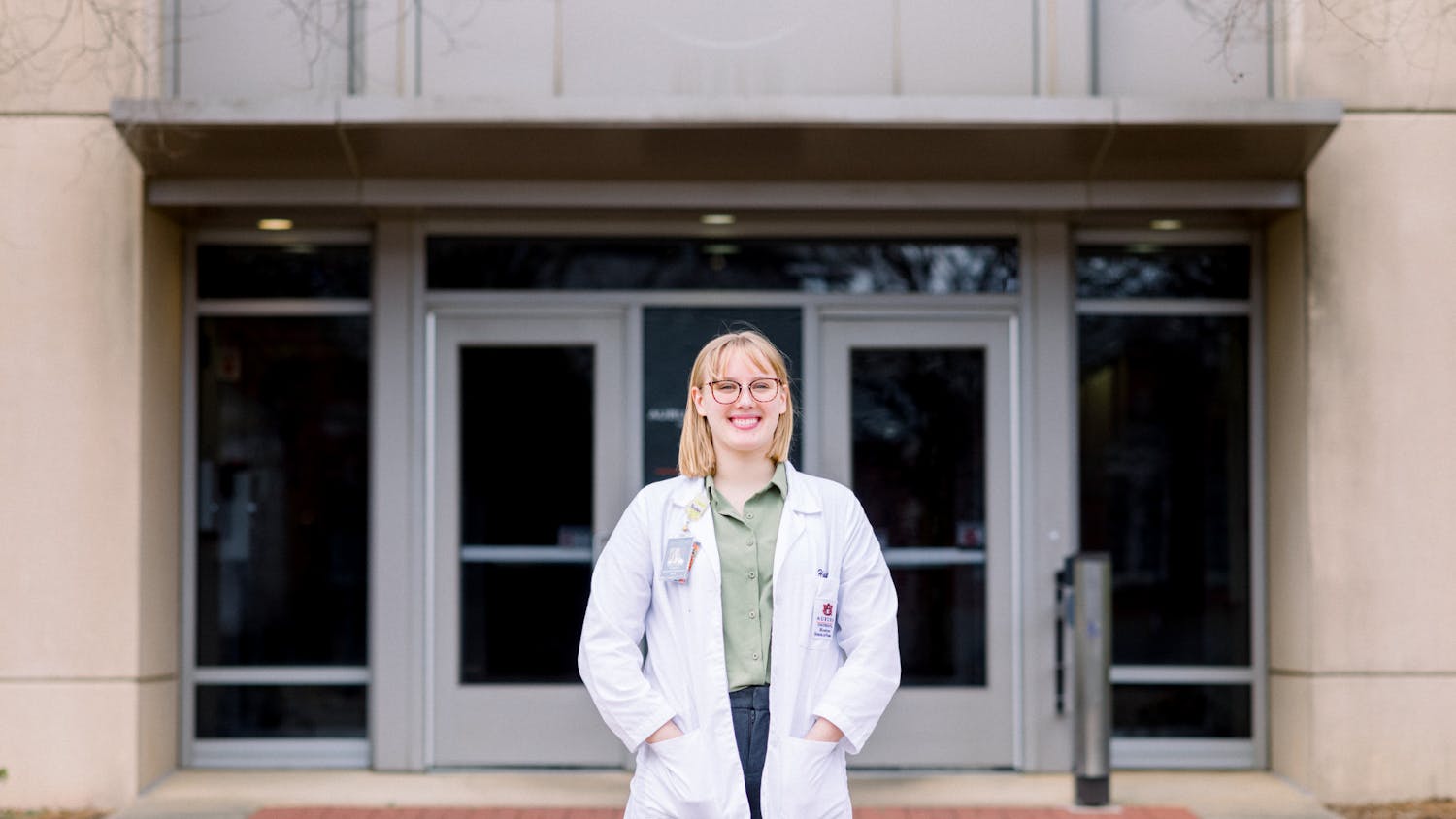Vitamins A, B, C, D, E, and K. The list seems to be never ending, but the multiple benefits of these may be found in a single multivitamin.
Steve Thompson, owner of Health Wise Foods in Montgomery, said with more fast-food places and restaurants becoming available, nutrition seems to be set aside.
Thompson said multivitamins supply core nutrition that people don't get by eating processed foods.
"Multivitamins play a role when people do not get a combination of the six basic food groups," Thompson said. Multivitamins provide a lot of the trace minerals the body needs but may not be getting.
Thompson said the type and amount of multivitamins that an adult or child should consume depend on several factors including age, sex and health condition.
"Vitamins are the core basis to keep your body and immune system built up and your energy level high," Thompson said. "You really need to invest in your health, because people just can't afford to be sick these days. Most people who consistently eat right may not need one."
Kevin Huggins, assistant professor of nutrition, suggests people that eat the recommended servings of the basic food groups daily may not need a multivitamin if they are consistent.
"What I teach my students is that if they eat a lot of fruits and vegetables and have a relatively healthy and balanced diet, there is no need to take a multivitamin because they are getting those resources from the foods they are eating," Huggins said. "Most of the recent studies have shown no beneficial effects of taking multivitamins if you are eating a healthy diet."
Katie Coby, a recent graduate in communications, said for some, multivitamins are a convenient way to supplement poorly balanced diets.
"I think the multivitamins are great, especially for college students who don't always have the best diet," Coby said. "I take a multivitamin because I don't always have time to fix a healthy meal and this gives me the nutrition I'm not getting."
In choosing a multivitamin, Thompson said many choices and brands can be found at drug stores, nutritional stores, discount superstores as well as online markets. Thompson advised to select one with whole food that is non-chemical and non-synthetic.
Thompson said some companies that sell cheaper brands may use fillers such as dyes, calcium carbonate and aluminum that are not needed in the body and may cause more problems. With every supplement or medicine comes safety concerns.
"A multivitamin from a reputable place will be safe because they contain all the vitamins and they are not just a supplement of one type," Huggins said. "They contain a recommended dose of a lot of vitamins, so there really isn't a big risk of overdosing."
Huggins said overdosing problems occur when a person takes one specific vitamin and does not follow the recommended dosage.
"I tell my students that you can't overdose on vitamins by getting them from the food you eat, so try and keep a healthy diet," Huggins said.
Thompson added most multivitamins contain ingredients that the body does not store, so the excess would be flushed from the body.
"The key is eating correctly," Thompson said.
Thompson added to consider any medication being currently taking. A multivitamin could act as an antagonist to the medication.
Consumers may want to check with their personal physician before beginning any vitamin supplementation to determine the appropriate dosage of the supplement, Thompson said.
Do you like this story? The Plainsman doesn't accept money from tuition or student fees, and we don't charge a subscription fee. But you can donate to support The Plainsman.




